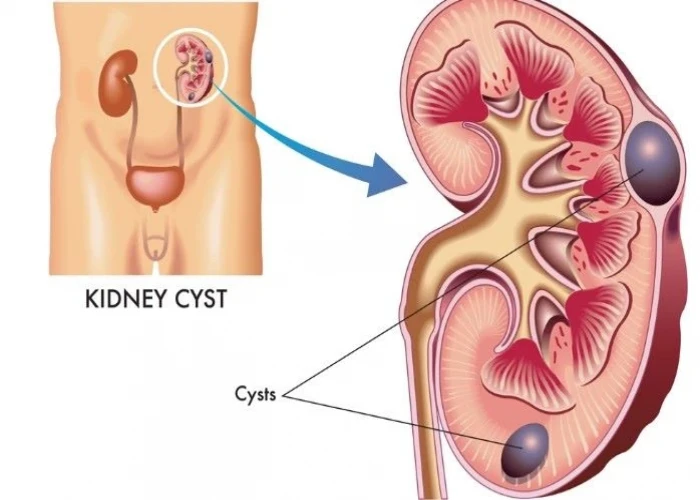 Welcome
Welcome
“May all be happy, may all be healed, may all be at peace and may no one ever suffer."
Kidney cysts
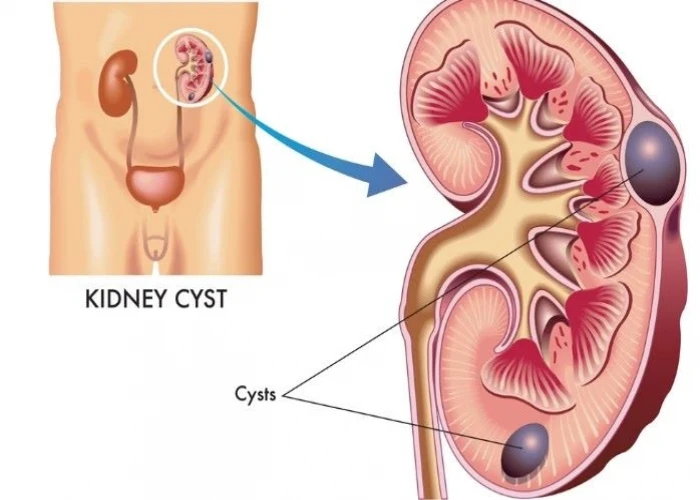
Kidney cysts are sacs filled with fluid that develop on the kidneys. They are usually non-cancerous and are commonly found in people over the age of 50. Most kidney cysts do not cause any symptoms and do not require treatment.
There are two main types of kidney cysts:
- Simple cysts: These are the most common type of kidney cysts and are usually small, benign, and do not cause any symptoms.
- Polycystic kidney disease: This is a genetic disorder that causes multiple cysts to develop in both kidneys, which can lead to kidney failure.
Symptoms of kidney cysts may include:
- Pain in the back or side
- High blood pressure
- Blood in the urine
- Frequent urination
- Urinary tract infections
Most kidney cysts do not require treatment, especially if they are small and do not cause any symptoms. However, if a cyst is causing pain or discomfort, treatment options may include:
- Drainage: A healthcare provider may drain the cyst using a needle, which can help relieve pain and reduce the size of the cyst.
- Surgery: If the cyst is large or causing significant symptoms, surgery may be necessary to remove the cyst.
- Observation: If the cyst is small and not causing any symptoms, it may be monitored over time to ensure that it is not growing or causing any problems.
It is important to note that if you have kidney cysts, it is important to see a healthcare provider for regular check-ups and monitoring, especially if you have a family history of polycystic kidney disease.
Research Papers
Disease Signs and Symptoms
- Fever
- Abdomen pain
- Upper abdomen pain
- Kidney pain
- Kidney cysts
Disease Causes
Kidney cysts
It's not clear what causes simple kidney cysts. One theory suggests that kidney cysts develop when the surface layer of the kidney weakens and forms a pouch (diverticulum). The pouch then fills with fluid, detaches and develops into a cyst.
Disease Prevents
Disease Treatments
Treatment may not be necessary
If your simple kidney cyst causes no signs or symptoms and doesn't interfere with your kidney function, you may not need treatment. Instead, your doctor may recommend that you have an imaging test, such as ultrasound, periodically to see whether your kidney cyst has enlarged. If your kidney cyst changes and causes signs and symptoms, you may choose to have treatment at that time. Sometimes a simple kidney cyst goes away on its own.
Treatments for cysts that cause signs and symptoms
If your simple kidney cyst is causing signs and symptoms, your doctor may recommend treatment. Options include:
- Puncturing and draining the cyst, then filling it with alcohol. Rarely, to shrink the cyst, your doctor inserts a long, thin needle through your skin and through the wall of the kidney cyst. Then the fluid is drained from the cyst. Your doctor may fill the cyst with an alcohol solution to prevent it from reforming
- Surgery to remove the cyst. A large or symptomatic cyst may require surgery to drain and remove it. To access the cyst, the surgeon makes several small incisions in your skin and inserts special tools and a small video camera. While watching a video monitor in the operating room, the surgeon guides the tools to the kidney and uses them to drain the fluid from the cyst. Then the walls of the cyst are cut or burned away.
Depending on the type of procedure your doctor recommends, treatment for your kidney cyst may require a brief hospital stay.
Disease Diagnoses
Disease Allopathic Generics
Disease Ayurvedic Generics
Disease Homeopathic Generics
Disease yoga
Kidney cysts and Learn More about Diseases
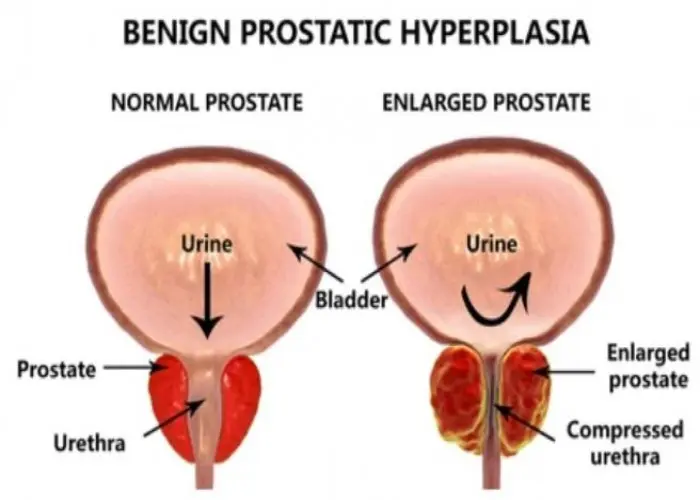
Benign prostatic hyperplasia (BPH)

Chiari malformation

Narcissistic personality disorder
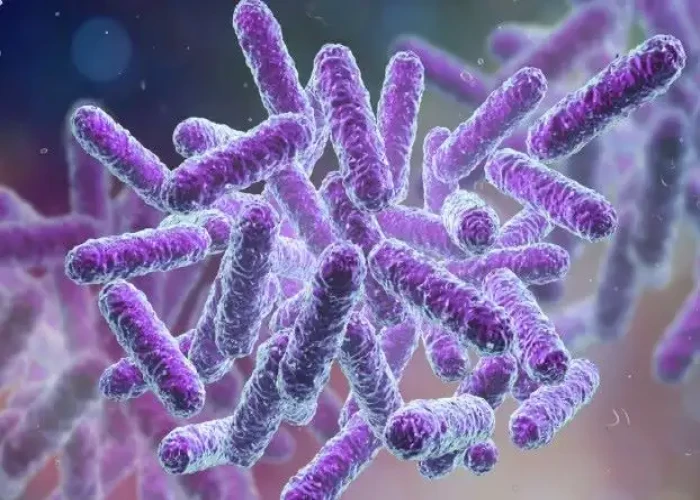
Salmonella infection

Low blood pressure (hypotension)
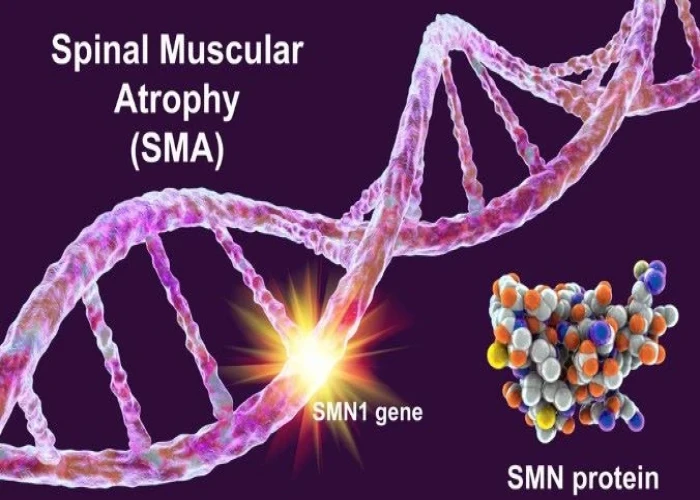
Multiple system atrophy (MSA)
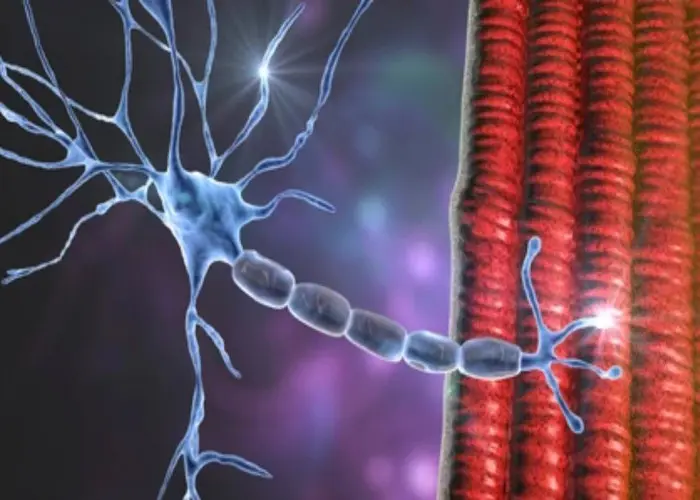
Congenital myasthenic syndromes

Male hypogonadism
kidney cysts, কিডনি সিস্ট
To be happy, beautiful, healthy, wealthy, hale and long-lived stay with DM3S.
